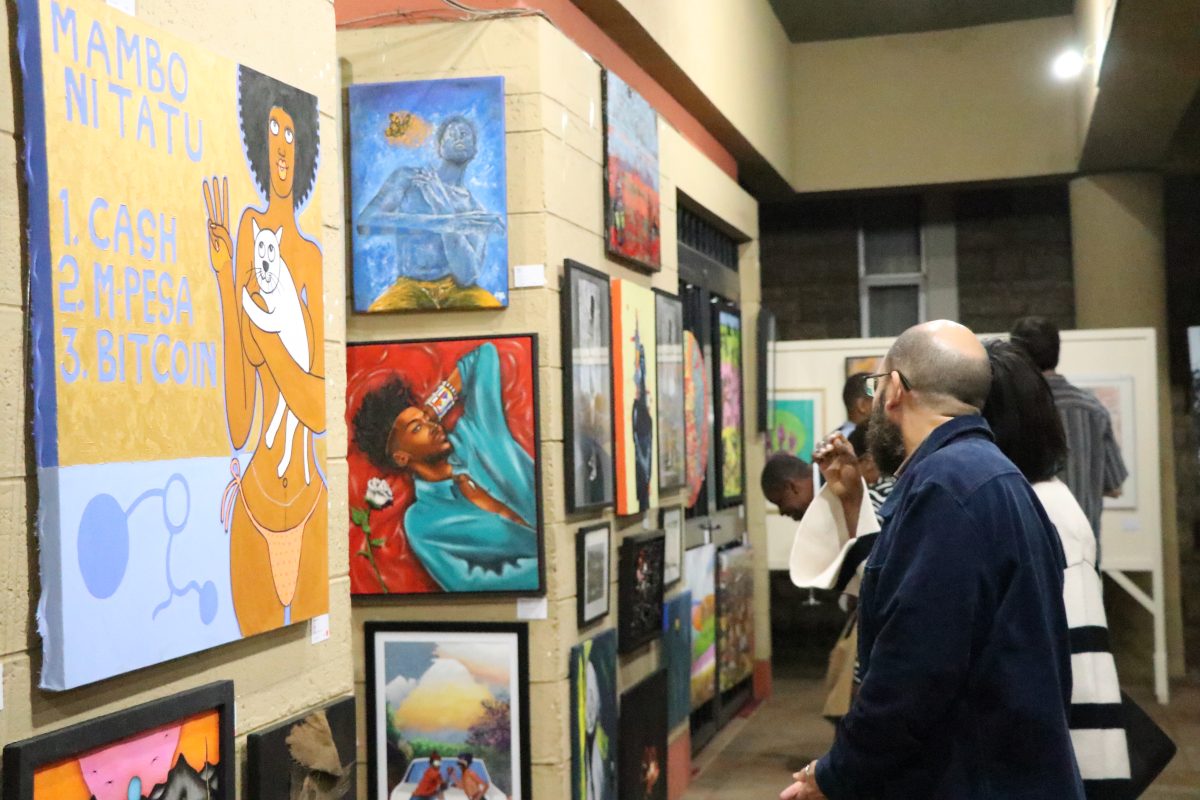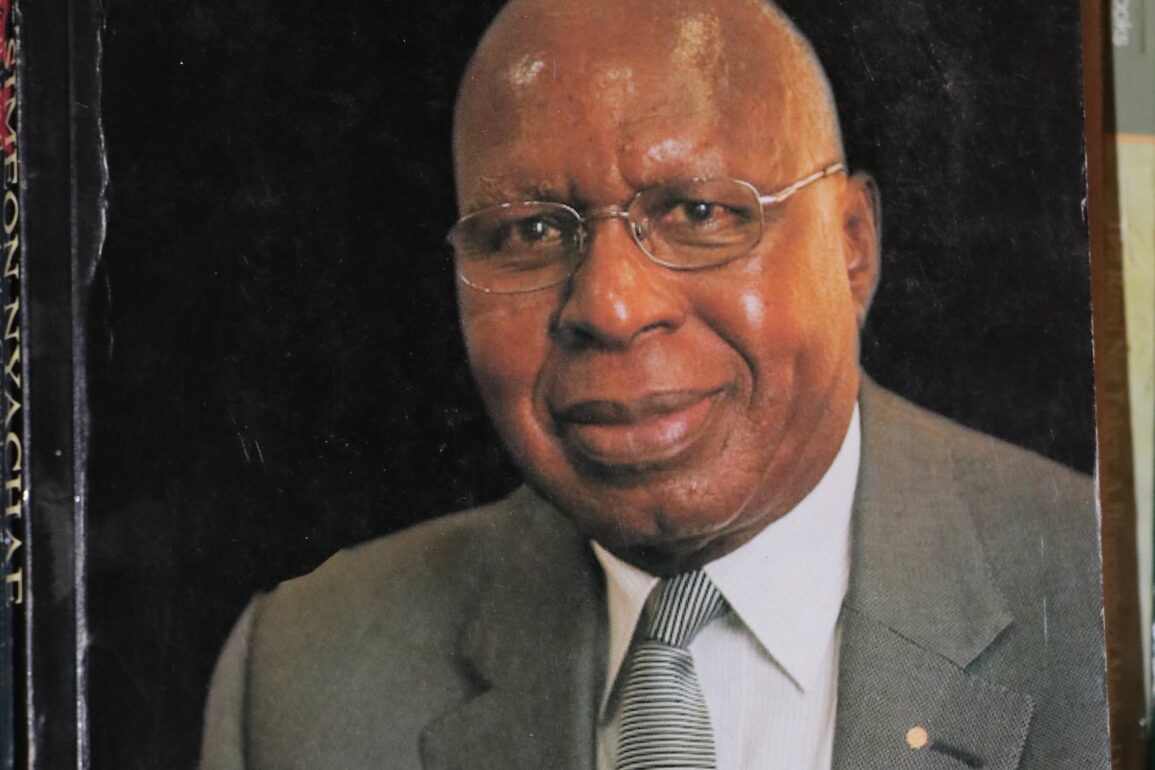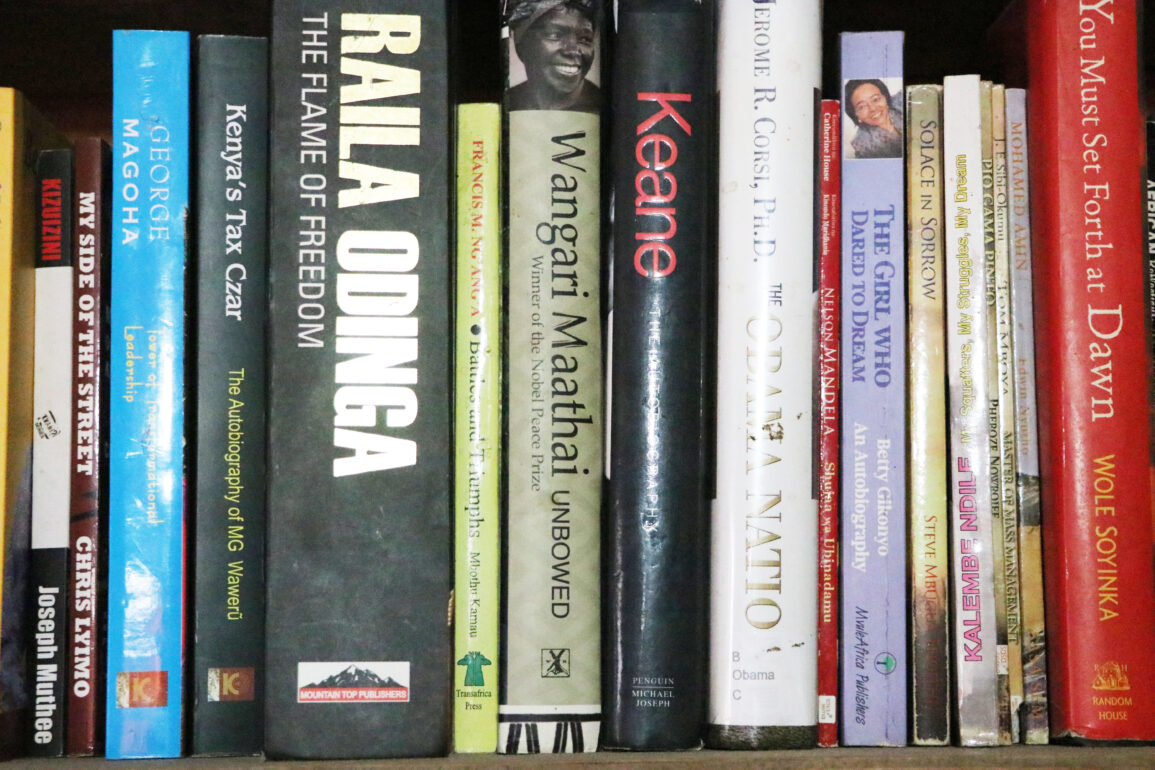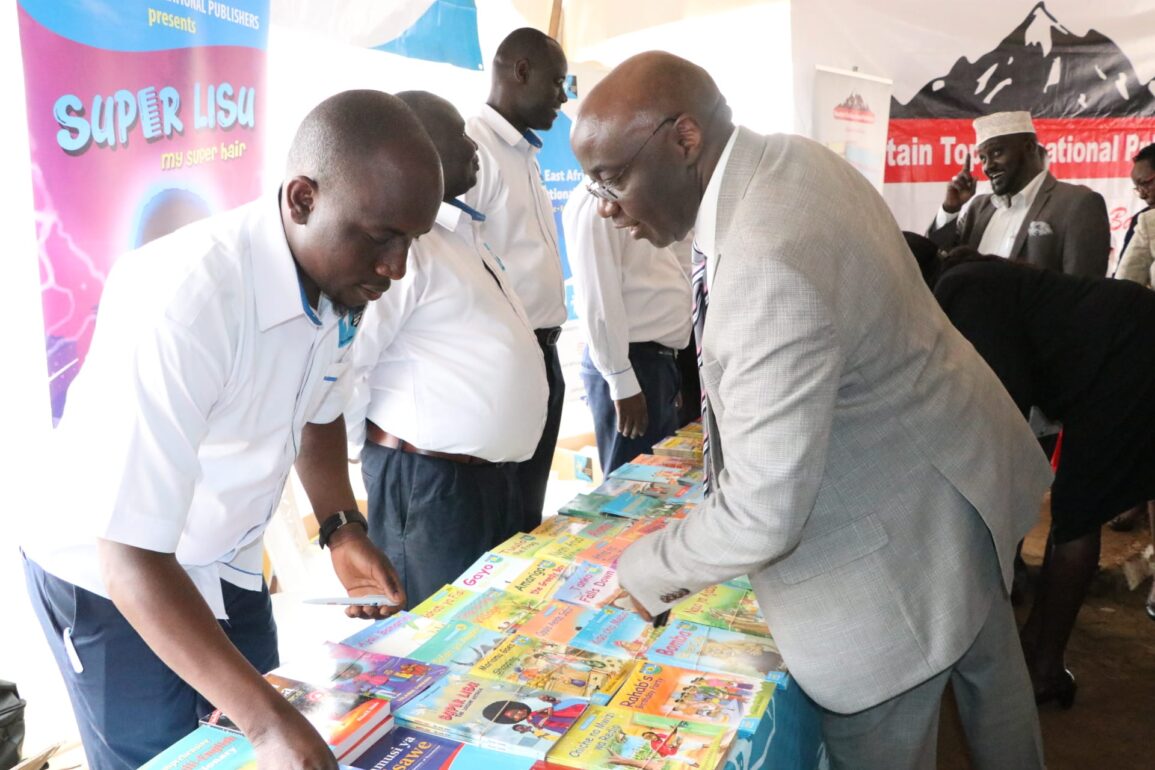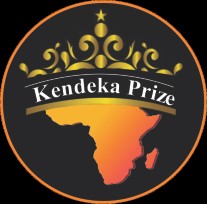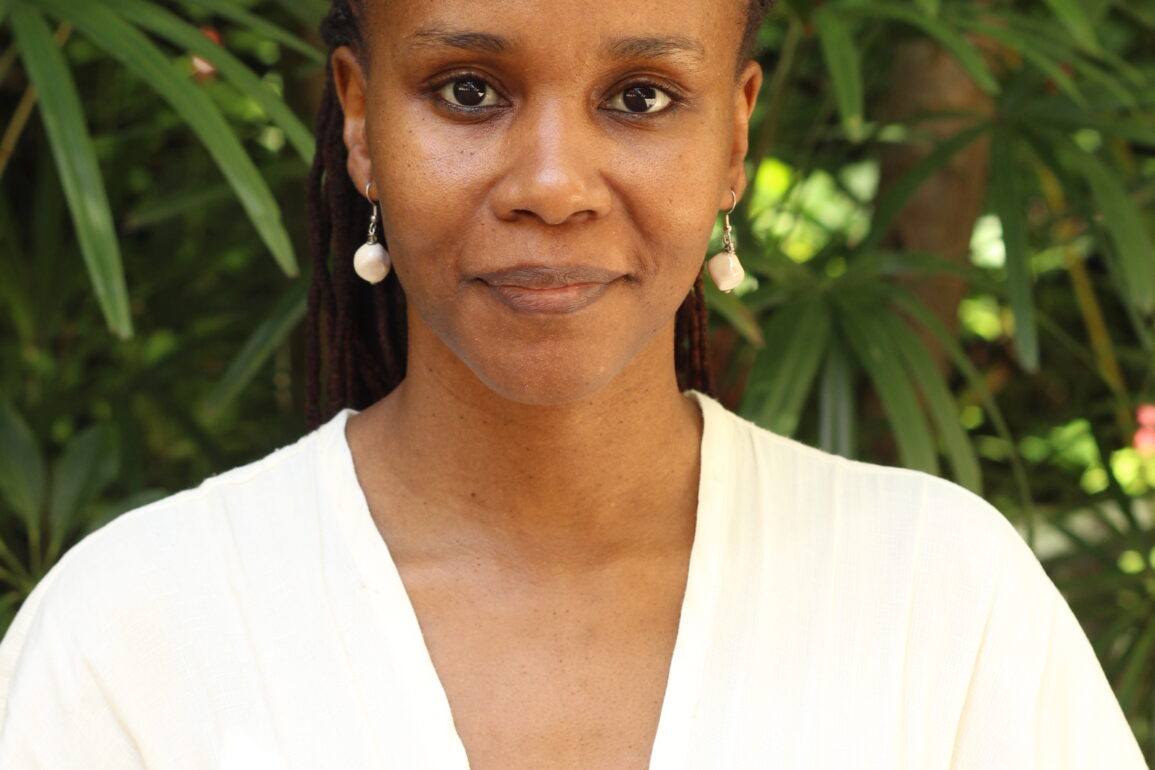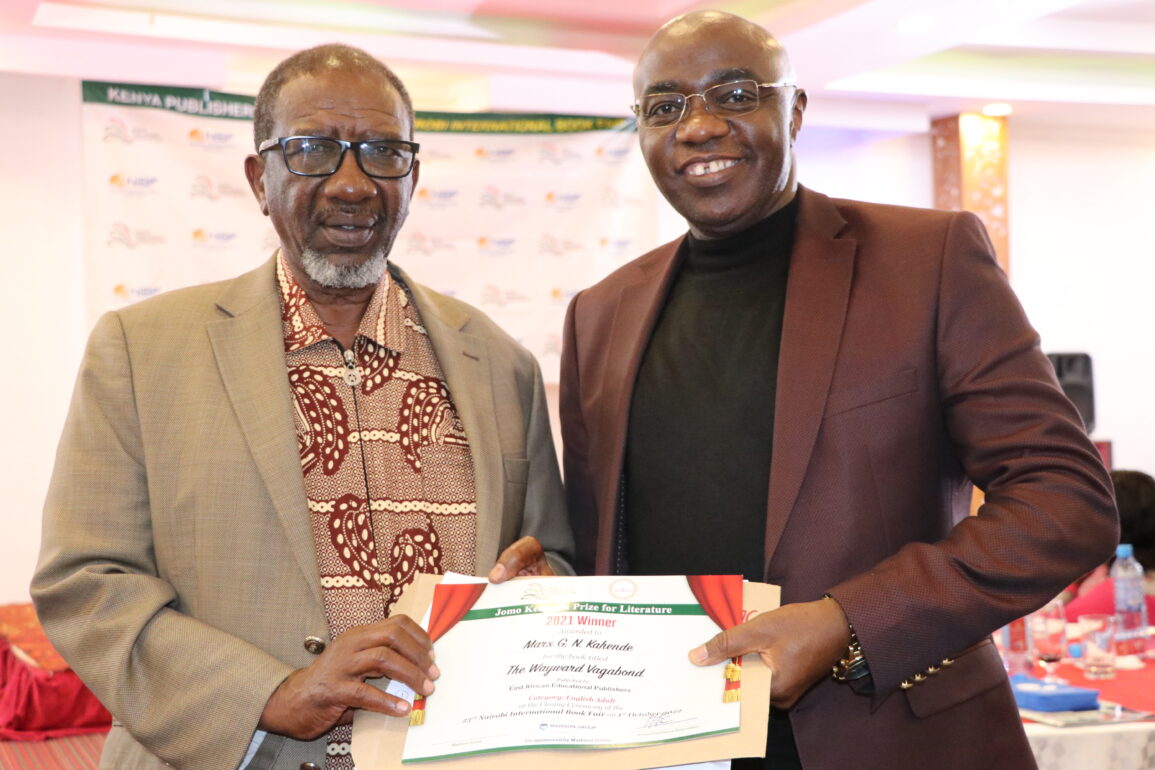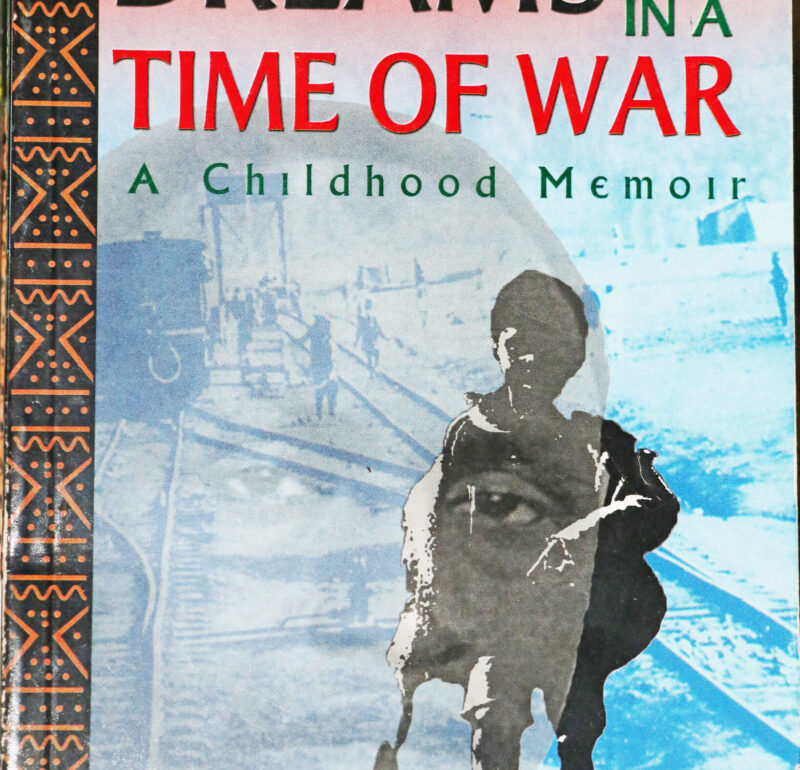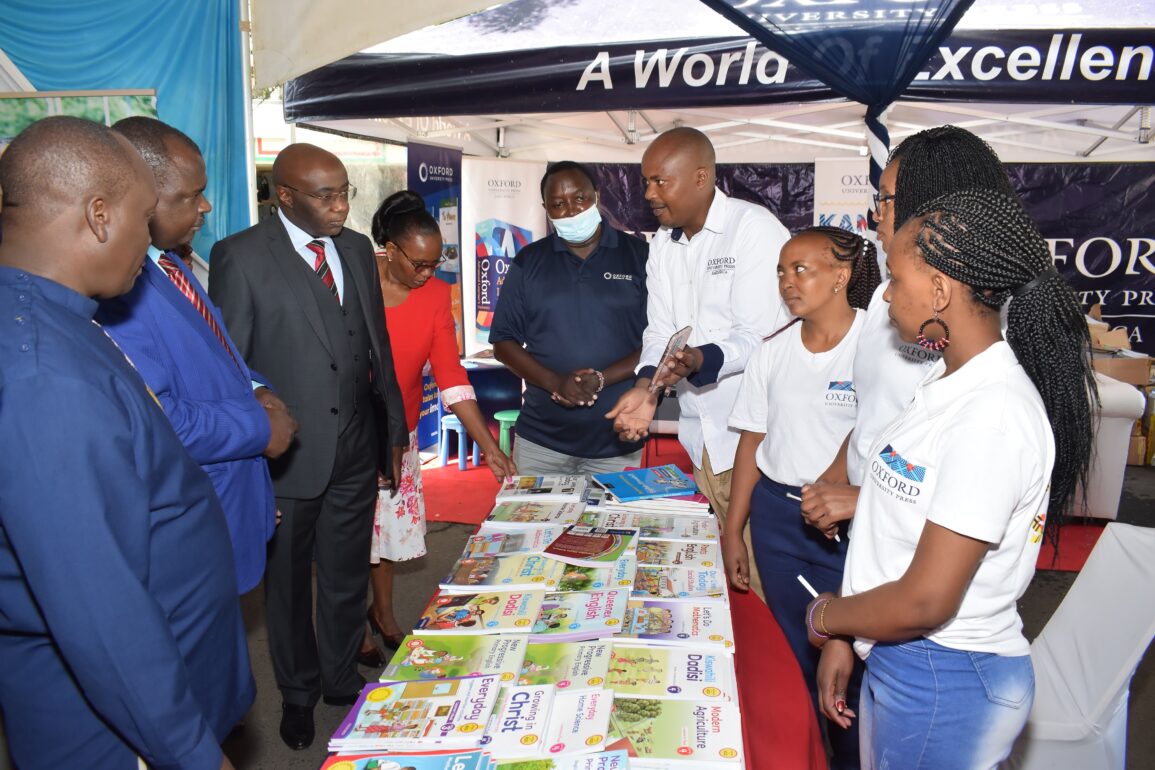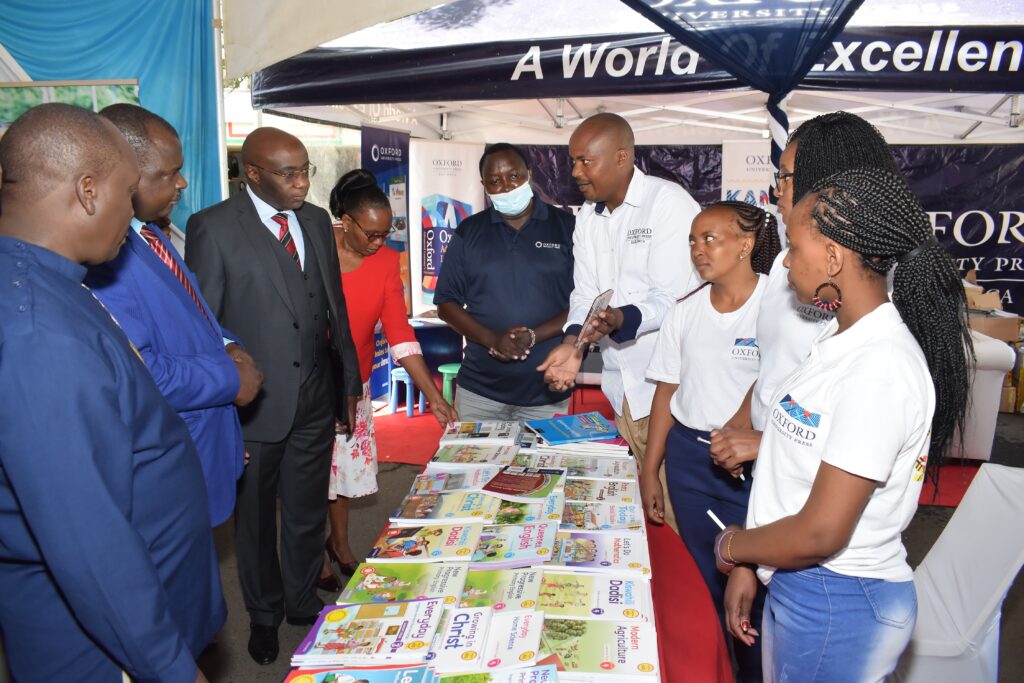The Affordable Art Show (AAS) is probably the most exciting event in the calendar of Kenyan art events.
This is probably the only art show where rank amateurs get to share the same exhibition space with established professionals in the industry. And just like the title indicates, this is about the only place, art lovers can acquire a solid piece of art for as little as sh6,000, with the maximum price being sh150,000.
This is quite something, considering that good art does not come cheap. Art pieces, done by Kenyans, have been known to fetch as much as sh2 million. The AAS is therefore a collector’s dream.
Now, AAS took place from Friday October 27 to Sunday October 29 at the Nairobi National Museum where a total of 386 artists brought in 750 pieces. Most artists submitted the allowed maximum of two pieces.
Maisha Yetu’s experience at the event was much smoother as we had Lydia Galavu, curator of the Creativity Gallery at the National Museums of Kenya, as our guide. She explained how the pieces of art were arranged according to themes. As one entered the venue, the artworks one came face to face with had the dominant theme of women.
Here, the pieces were as varied as they were interesting. There was a particular nude piece that was quite thoughtful in its depiction. The woman with her head bent backwards, clutching pieces of grass, sat in the woods, with an owl flying close to her. Although her face is not visible, she appears to be in pain, probably why the owl was close by.
In most African cultures, sightings of owls portend a bad omen.
Further down, to the left, were pieces that featured landscapes, seascapes, village and city life. This was followed, towards the courtyard, by the big paintings. Also on exhibition were sculptures. Lydia explained that there is a growing number of entries by young artists, as exemplified by the styles they employed in their pieces. One of the techniques that caught the eye, was a unique mosaic featuring Lupita Nyong’o, which echoes famous Obama Hope mosaic.
While the Obama mosaic was entirely made up of flowers, this one consisted of intricately woven threads of different colours. “This style, threads on wood, is not entirely new,” explained Lydia. “It has however been making a slow comeback, since 2018, courtesy of young artists.”
She added that collages, made popular by Rosemary Karuga, in the eighties, were also making a comeback, again being driven by the young artists, who are now injecting youthful dynamism and creativity.
Among the notable artists who graced the opening night was Michael Soi, who had two pieces, a small one and a bigger, more exciting piece, which depicted a skimpily dressed woman of easy virtue, flashing three fingers to signify the ‘mambo ni matatu’ slogan, made popular by President William Ruto.
While Ruto’s three ‘things’ have to do with the fight against corruption, Soi’s woman was outlining the three preferred modes of payment: Cash, Mpesa and Bitcoin.
This piece was quickly snapped up.
Soi said that AAS holds a special place in his heart. “It is here that I sold my first ever piece in 1996. The reason is too sentimental,” he explained.
He was also on the lookout for Risper Achieng’s work. “I love her work; I have collected three of her pieces. I try get her work when I can afford it,” he added.
Kivuthi Mbuno, had two pieces on exhibitions, which were also snapped up, probably by collectors who know the uniqueness of his art. Mbuno belongs to the older generation of artists, most of whom are exiting life’s stage. They include the late Jak Katarikawe and the late Ancent Soi.
In a few years to come, their artworks will be rare collectors’ items and will be selling for a pretty penny.
AAS is an event organised by the Kenya Museum Society and founded by Marla Stone. “The Kenya Museum Society supports projects of the National Museums of Kenya,” explained Marla.
It was an event of the Society from the mid-1990’s when it was held in conjunction with the annual visual and performing Art Festival. Starting 2021, AAS has been held twice a year, May and October, as requested by artists; which is testament to the Show’s growing popularity.
Proceeds from the event go towards supporting projects of the National Museums of Kenya. Each artist is allowed to submit a maximum of two art pieces, which would include a painting, a 3D art piece or a sculpture. “We limit the number of entries per artist so as to allow as many artists as possible to participated,” added Marla.
A total of Ksh9 million was raised from the sale of artworks.
Buyers were mostly foreign nationals living in Kenya, a sizeable number of tourists popping in to get a piece of Kenyan art. Kenyans too are increasingly appreciating art and are letting their wallets speak.
The three-day event attracted 2,700 visitors.

